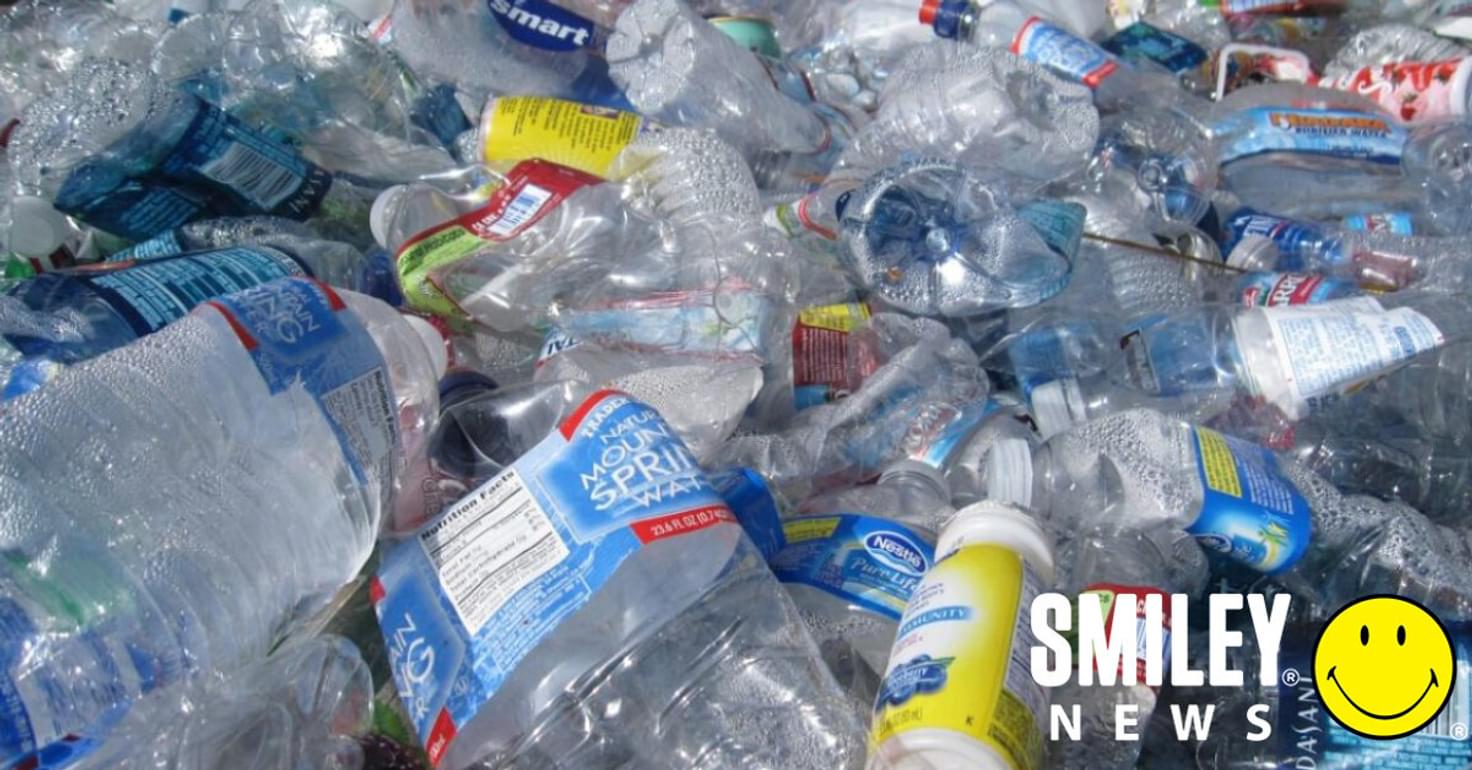
Words by Smiley Team
Hope Mwanake is on a mission to keep Kenya clean, and in the process turn glass and plastic waste into houses.
Mwanaka, an environmental scientist, told Al Jazeera that she was inspired to take action against the pervasive litter problem in the town of Gilgil.
“We were just dumping all the plastic in the landfill,” she said. “It didn't make sense. We knew there had to be a better way.”
It’s not just Gilgil that has a problem with plastic pollution in Kenya. A 2017 study by the National Environmental Management Agency (NEMA) reports that 24 million plastic bags were used in Kenya every month before a plastic ban came into effect in 2017.
Half of this plastic ended up in landfills, while 50% of cattle in Nairobi were found to have plastic in the stomach after testing slaughtered cattle from butcheries in the capital city.
The livestock was also found to have consumed other waste, including synthetic hair and fabric. Making the issue even worse, waste from plastic and glass is not biodegradable, with plastic products taking up to 1,000 years to decompose.
Mwanake and business partner, Kevin Mureithi, launched Eco Blocks and Tiles in 2016 to turn waste products into products that had value.
“We wanted to do something with all this plastic waste, and after a lot of brainstorming, research, and experimenting, we came up with a value-added product with market demand that would also help to reduce all this plastic in the environment,” Mwanake said.
Eco Blocks and Tiles manufacture bricks and tiles from used plastic and glass products. Their unique idea reportedly makes them the first Kenyan company to turn plastic and glass waste into construction products.
“We believe we are making a valuable contribution in minimising the global carbon footprint by recycling waste to create quality blocks and tiles from plastic and glass waste,” the company says on its website.
The tiles look like the more common ones that are made from clay, however, they are lighter and about 40% cheaper, according to Eco Blocks and Tiles.
“We examined the properties of plastic and glass, and then we literally cooked empty shampoo and vegetable bottles in a big drum and mixed the molten polymer with sand crushed from glass waste,” Mwanake added.
“It looked like a strange porridge but once placed in moulds and cooled, we found we had a very strong and durable product,” she said.
So far, Eco Blocks and Tiles has reportedly turned more than 56 tonnes of plastic waste into 75,000 tiles that have been used to help build 30 homes and business sites.
Original article by Lerato Mogoatlhe - Source Global Citizen
Photo by Tanvi Sharma on Unsplash
To find out more about Eco Blocks and Tiles and ways to get involved, go to their website.